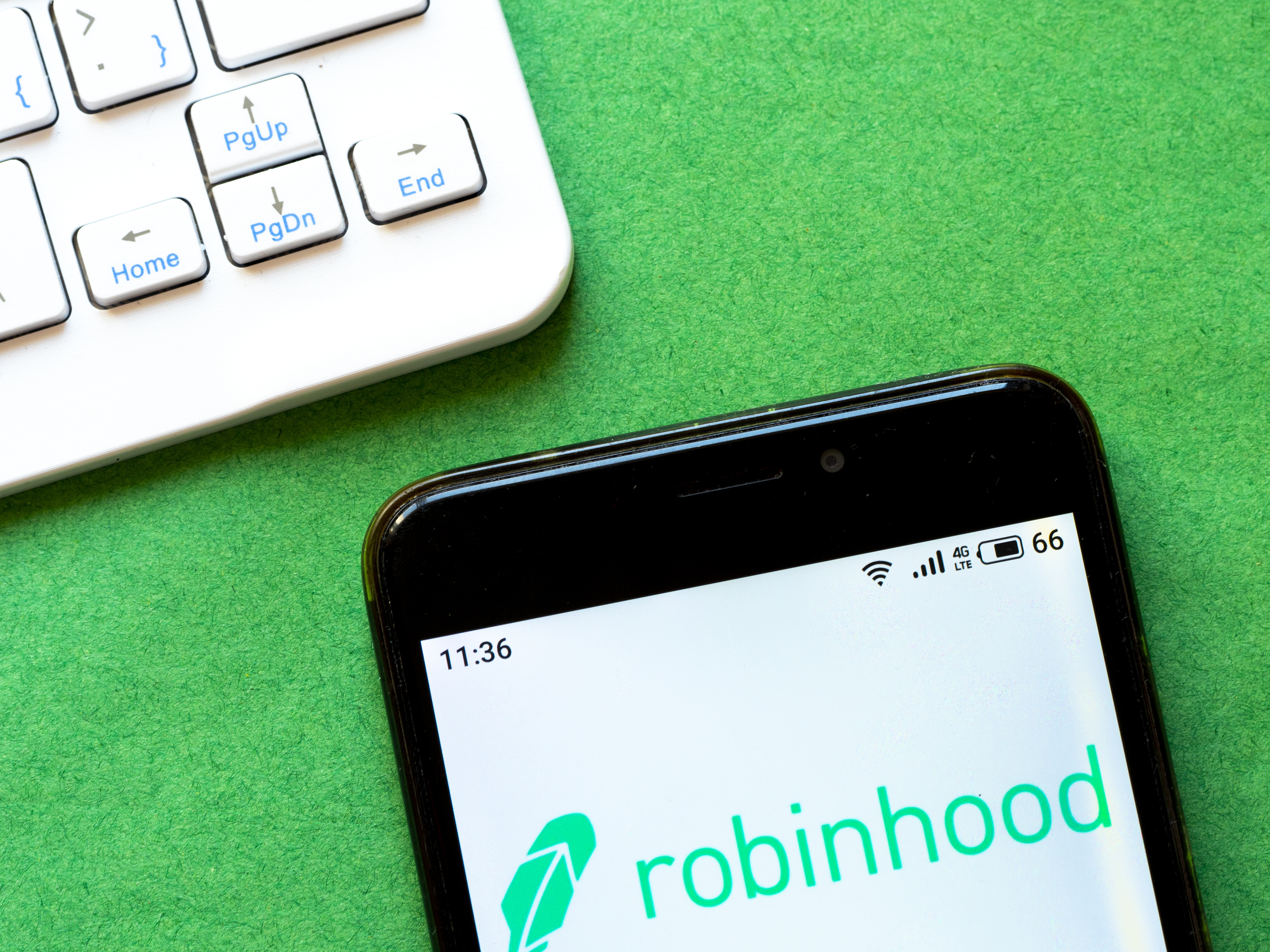
Figuring out how much and where to invest is a personal decision. Our writers’ work has appeared in The Wall Street Journal, Forbes, the Chicago Tribune, Quartz, the San Francisco Chronicle, and more. Democratize finance for all.


He added, “It’s probably one of the biggest negative returns documented by academics.”Robinhood has been criticized for letting people trade on credit and for making investing feel like a game, using elements like confetti and color-coding in the app to stimulate trading.“We are proud to expand access to the financial system and enable millions of people to learn and invest responsibly,” a Robinhood spokesperson told Recode. Robinhood is the only trading app that’s disclosed user holdings so the researchers did not compare investors’ performance on its competitors.Put another way, “if you were a Robinhood user and bought those top 10 stocks every day, you would have lost 97 percent of your money over two years,” Schwarz said. When too many people crowd a stock, “the price of the stock overshoots what it should be and over subsequent days it corrects.”The study, which was conducted using Robinhood trading data from 2018 to 2020, found that those who invested in the top 10 newly purchased stocks saw returns in the next month that were 5 percent lower than that of the S&P 500 index — a “pretty horrific” outcome, Schwarz said. On Robinhood, people were already more likely than other retail investors — people who aren’t professionals — to invest in the same stocks as other users, according to Christopher Schwarz, faculty director of the University of California Irvine’s Center for Investment and Wealth Management and one of the authors of a paper looking at outcomes of investor behavior on Robinhood.
“If it’s fun, it’s probably because someone gamified it to make it more enjoyable as entertainment — all to help profit off of the investor.” How to best use Robinhood and other day-trading appsThe safest bet on Robinhood would be buying a wide variety of ETFs, rather than individual stocks like GameStop or even riskier products like options. “It’s very dangerous for average investors.”All this is to say, day trading — buying and selling stocks over short periods of time — is not a reliable way to build wealth, according to these financial advisers.As Gretchen Behnke, principal at Pearl Financial Planning, put it, “Individual stock picking is almost always going to be too risky for regular people.”What she and every other financial professional we spoke to suggested was the opposite of day trading individual stocks: investing in highly diversified and low-cost exchange-traded funds (ETFs) or index funds and leaving that money in there for a long time.Of course, speak with your own financial adviser or investment professional to decide what’s best for you.“Prudent investment can be pretty dull,” Zach Teutsch, a managing partner at the advisory firm Values Added Financial, told Recode. There’s reason to believe regular people could be even more susceptible.“In the context of day trading, it’s that on steroids,” Clark said.
The idea is that hopefully declines in certain stocks are countered by gains in others.Many financial advisers also suggest leaving your money in these funds for long periods of time. Use a fund that’s diversified.”Financial advisers encourage investing in such funds to give people exposure to a wider range of stocks than they would get by picking individual stocks, so that their risk is more balanced. “If you’re ready to put your money where your values are, do it in a smart way. Some ETFs and mutual funds, for example, provide exposure to all the stocks in the S&P 500, while others are dedicated to different company sizes or industries.One such fund, Adasina Social Justice All Cap Global ETF, includes 900 companies that Adasina says are in alignment with social justice movements like Black Lives Matter.“This whole situation with GameStop came from popular discontent with wealth inequality,” Rachel Robasciotti, the founder and CEO of Adasina Social Capital, said.
Stocks are volatile in the short term, but in the long term, the market as a whole tends to go up, which is why advisers suggest investing money and then leaving it alone for years if not decades.Longer-term investments are also better from a taxation point of view. Huge gains — like the more than 1,700 percent rise on GameStop this year before its subsequent fall — are possible, but so are huge losses. That’s not how investment works,” he said.When people are investing in the short term in individual stocks, it can be tempting to buy and sell with market swings, he said.
Robinhood lets people trade on margin, meaning that they give you a small loan. “This is separate from savings and retirement.”Similarly, the experts also say not to invest money you don’t have. If you sell your investments within a year of buying them, for example, you could be taxed at significantly higher capital gains rates than if you were to hold onto them for more than a year.Financial advisers we spoke to say, if you’re going to day trade on apps like Robinhood, make sure you’re doing so with only a small percentage of your money.“You can take a small amount of money and play with it, but consider it an entertainment expense,” Behnke said.

The app also notifies people trying to sell off assets how much more they might have to pay in taxes compared with keeping the investment in longer. “I’m not in the business of trying to make decisions misaligned with your best interests.”Betterment (0.25 percent of assets under management per year)Betterment sets investors up with a range of diversified ETFs based on a number of factors, like their age and aversion to risk, all of which are determined by a questionnaire.“This is not short-term, speculative, to-the-moon kind of stuff,” Dan Egan, VP of behavioral finance and investing at Betterment, told Recode.Investors can let Betterment choose for them or decide to put their money into socially responsible portfolios, like those related to preventing climate change or encouraging social justice.Accounts have something called tax-loss harvesting, which helps people lower their tax bills by using losses to offset gains. Kerner believes Acorns’ business model allows it to better serve its customers.“The business model dictates how a company makes decisions,” Kerner said.


 0 kommentar(er)
0 kommentar(er)
